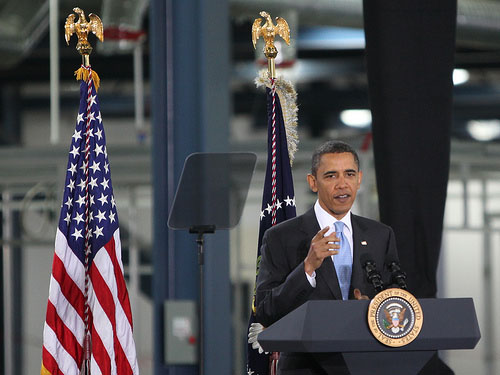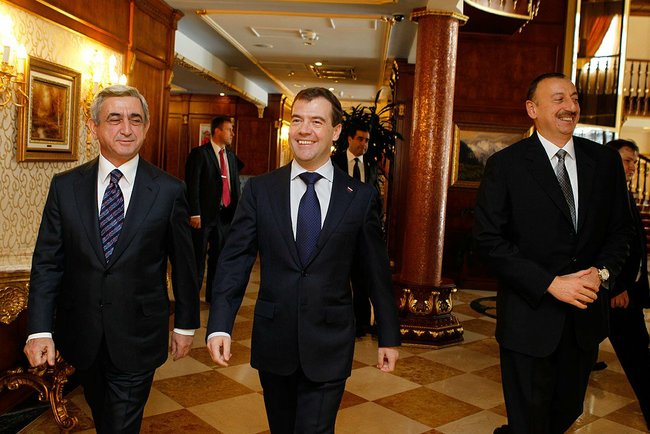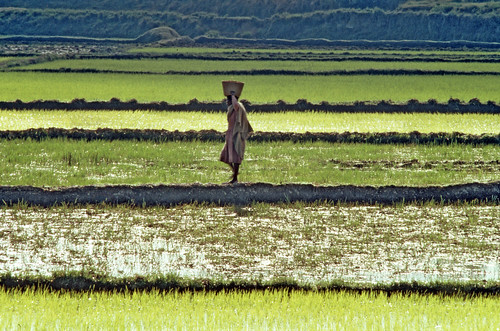
During the 43rd ordinary session of the Authority of Heads of State and Government of the Economic Community of West African States (ECOWAS) on 18 July 2013 in Abuja, Nigeria, the Chairman, President Alassane Ouattara of Côte d’Ivoire, announced that the Nigerian government had requested the withdrawal of its troop battalion deployed in Mali as part of the United Nations (UN) peacekeeping operation. According to Ouattara, the decision was based on the unstable security situation in Nigeria’s north.
However, the Nigerian government’s sudden decision to pull out of the UN Multidimensional Integrated Stabilisation Mission in Mali (MINUSMA) came shortly after the Rwandan Major General Jean Bosco Kazura was appointed by the UN Secretary General as commander of the mission. Kazura’s appointment sparked controversy, leading to speculation that Nigeria withdrew its troops in protest at the UN appointment.




